
The cloud is known as the servers that are accessed over the web, and therefore database and software run on those servers. Cloud servers are spread in the data centers located across the world. By using cloud computing, candidates and organization don’t have to operate physical servers by their own or deploy software applications on their own machines.
For instance, you want to use a service which is not at your location so you can use it via cloud from other destination too. Cloud is like a remote data center which are present almost everywhere in the world from which you try to access the services such as servers' compute, storage etc.
The best example to understand cloud is we humans live on earth or land, we need water, air and shelter to live. We get water through the process of water cycle. You don’t need to go in the sky to get water. It comes itself through the process being far away from the destination. Similar is the function of cloud, it serves you from different location, but you still get services at your own destination.
Here are some key aspects and benefits of cloud computing:
Scalability: Cloud services can scale resources up or down based on demand, allowing businesses to quickly adjust to changing needs without significant upfront investments.
Flexibility: Users can access cloud services from anywhere with an internet connection, using a variety of devices, enabling remote work and collaboration.
Cost-efficiency: Organization find it very cost efficient when they pay only for what they consume called a pay-as-you-go model. It eliminates the need for upfront hardware purchases, maintenance, and infrastructure management costs.
Reliability and Availability: Cloud service providers often operate in multiple data centers worldwide, ensuring high availability and redundancy. They offer robust backup and disaster recovery solutions to protect data and minimize downtime.
Innovation and Agility: Cloud providers regularly introduce new services and features, empowering businesses to adopt cutting-edge technologies and accelerate their innovation cycles.
The following are the major cloud Service Providers:
Amazon Web Services (AWS)
Microsoft Azure
Google Cloud Platform (GCP)
IBM Cloud
Oracle Cloud
There are many other cloud providers available in the market such as Digital Ocean, Cisco Cloud etc. Here we will explore more on the top 3 cloud providers which are Amazon AWS, Microsoft Azure and Google GCP.
Introduction to Amazon AWS

Amazon web series (AWS) is a cloud service from Amazon, which offers services in the form of building blocks and for deploying and creating any type of application these blocking blocks can be used in the cloud.
These AWS services or building blocks are designed so that they can operate with each other, and highly scalable and sophisticated applications are built. Here is an introduction to AWS services and certifications:
AWS Services:
Compute Services: Amazon Elastic Compute Cloud (EC2) provides cloud based virtual servers, these computing resources can be easily scale based on the requirements. AWS Lambda provides serverless computing, executing code in response to events without provisioning or managing servers.
Storage Services: Amazon Simple Storage Service (S3) offers scalable object storage for data backup, archiving, and content delivery. Amazon Elastic Block Store (EBS) provides persistent block-level storage for EC2 instances.
Database Services: The Amazon Relational Database Service (RDS) manage databases such as MySQL and PostgreSQL etc. Amazon DynamoDB provides a highly scalable NoSQL database service.
Networking Services: Amazon Virtual Private Cloud (VPC) enables users to create isolated virtual networks in the cloud. AWS Direct Connect establishes dedicated network connections between the user's premises and AWS.
Analytics Services: Amazon Athena allows users to query data stored in S3 using standard SQL. Amazon Redshift offers a fully managed data warehousing solution. AWS Glue provides an extract, transform, load (ETL) service for data integration.
AI and Machine Learning Services: Amazon Rekognition offers image and video analysis capabilities. Amazon Polly provides text-to-speech functionality. Amazon SageMaker facilitates building, training, and deploying machine learning models.
Developer Tools: AWS CodeCommit provides a managed source control service, while AWS CodeBuild offers continuous integration and continuous delivery (CI/CD) capabilities. AWS CodeDeploy enables automated application deployments.
AWS Certifications:
AWS Certified Cloud Practitioner: It validates foundational knowledge of AWS services, pricing, architecture, and security.
AWS Certified Solutions Architect - Associate: This certification is mainly for fundamental designing and deploying scalable and secure applications.
AWS Certified Developer - Associate: It validates the ability to develop and maintain applications on the AWS platform using AWS services and APIs.
AWS Certified SysOps Administrator - Associate: This certification verifies expertise in deploying, managing, and operating applications on AWS.
AWS Certified Solutions Architect - Professional: This advanced certification demonstrates advanced technical skills and experience in designing complex AWS architectures.
AWS Certified DevOps Engineer - Professional: It validates expertise in implementing and managing continuous delivery systems and methodologies on AWS.
AWS Certified Big Data - Specialty: This certification focuses on designing and implementing AWS services to derive value from data.
AWS Certified Machine Learning - Specialty: It validates skills in designing, implementing, and deploying machine learning models on AWS.
These certifications demonstrate proficiency in using AWS services and can enhance career prospects in cloud computing and AWS-specific roles.
Introduction to Microsoft Azure
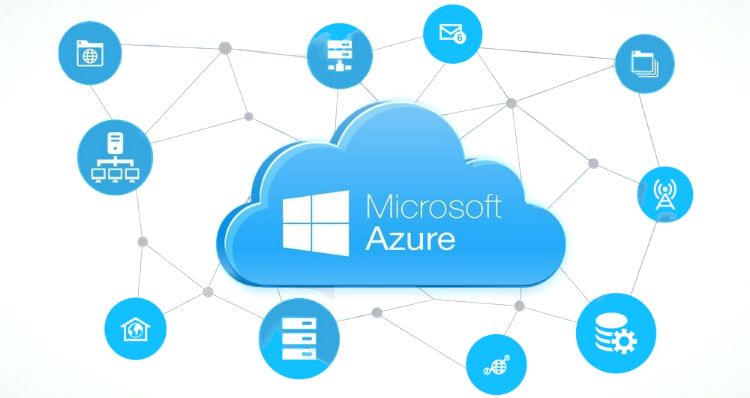
Azure is a powerful cloud computing platform created by Microsoft. Azure provides a global network of data centers, ensuring your applications are available and secure. It supports popular programming languages and integrates seamlessly with Microsoft technologies. Many organizations, regardless of size or industry, use Azure to accelerate their digital transformation and stay ahead in today's competitive landscape.
Here is an introduction to Azure services and certifications:
Azure Services:
Compute Services: Azure Virtual Machines offers scalable and flexible virtual machine instances. Azure Functions allows serverless execution of code in response to events. Azure Kubernetes Service (AKS) provides managed Kubernetes for container orchestration.
Storage Services: Azure Blob Storage offers scalable object storage for unstructured data. Azure Files provides fully managed file shares in the cloud. Azure Disk Storage offers persistent and high-performance block storage.
Database Services: Azure SQL Database provides a fully managed relational database service. Azure Cosmos DB offers globally distributed, multi-model database capabilities. Azure Database for MySQL, PostgreSQL, and MariaDB provide managed database services for these open-source database engines.
Networking Services: Azure Virtual Network enables the creation of isolated networks in Azure. Azure Load Balancer provides high-performance load balancing across VMs or services. Azure Virtual WAN connects and optimizes branch office connectivity.
Analytics Services: Azure Synapse Analytics (formerly SQL Data Warehouse) provides an analytics service for large-scale data warehousing and analytics workloads. Azure Data Lake Storage offers a scalable and secure data lake for big data analytics. Azure Databricks provides a fast, easy, and collaborative Apache Spark-based analytics platform.
AI and Machine Learning Services: Azure Cognitive Services offers pre-built AI models and APIs for vision, speech, language, and decision-making capabilities. Azure Machine Learning allows the building, training, and deployment of machine learning models.
Developer Tools: Azure DevOps provides a set of development tools. Azure App Service offers a fully managed platform for building web and mobile apps. Azure Functions enables serverless event-driven computing.
Azure Certifications:
Microsoft Certified: Azure Fundamentals: Validates basic knowledge of Azure cloud concepts, services, and pricing.
Microsoft Certified: Azure Administrator Associate: Focuses on managing Azure resources, implementing security controls, and optimizing Azure workloads.
Microsoft Certified: Azure Developer Associate: Validates skills in designing, building, testing, and maintaining cloud applications and services on Azure.
Microsoft Certified: Azure Solutions Architect Expert: Demonstrates expertise in designing and implementing solutions on Azure, including compute, storage, networking, and security.
Microsoft Certified: Azure DevOps Engineer Expert: Validates skills in implementing CI/CD pipelines, leveraging Azure DevOps services, and managing Azure environments.
Microsoft Certified: Azure Data Engineer Associate: Focuses on designing and implementing data storage, processing, and security solutions using Azure data services.
Microsoft Certified: Azure AI Engineer Associate: Demonstrates the ability to design and implement AI solutions using Azure AI services.
Microsoft Certified: Azure Security Engineer Associate: Validates skills in implementing security controls, managing identity and access, and securing data and applications on Azure.
These certifications demonstrate expertise in various Azure roles and services, and they can enhance career prospects in Azure and cloud computing-related fields.
Introduction to Google Cloud Platform (GCP)
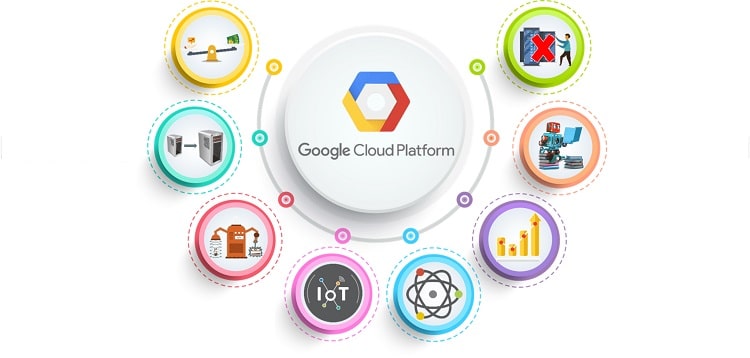
GCP is Google Cloud Platform which is a cloud computing platform. With GCP, you can access computing power, storage, and networking resources without the need to manage physical infrastructure. GCP has a global network of data centers to ensure high availability and reliability. It supports popular programming languages and offers advanced features like artificial intelligence and machine learning. Many organizations, regardless of their size or industry, choose GCP to leverage its powerful capabilities and drive innovation in the cloud.
Here is an introduction to GCP services and certifications:
GCP Services:
Compute Services: Google Compute Engine (GCE) provides virtual machine instances for running applications. Google Kubernetes Engine (GKE) offers managed Kubernetes for container orchestration. Google App Engine allows the building and scaling of web applications.
Storage Services: Google Cloud Storage provides object storage with multiple storage classes for different use cases. Google Cloud SQL offers fully managed relational databases. Google Cloud Bigtable provides a NoSQL wide-column database.
Database Services: Google Cloud Spanner offers a globally distributed, horizontally scalable relational database. Google Cloud Firestore is a NoSQL document database. Google Cloud Memorystore provides in-memory Redis cache.
Networking Services: Google Virtual Private Cloud (VPC) enables the creation of private networks. Google Cloud Load Balancing offers scalable and high-performance load balancing. Google Cloud CDN provides content delivery network services.
Analytics Services: Google BigQuery offers a fully managed data warehouse for analytics and insights. Google Dataflow allows building and executing data processing pipelines. Google Cloud Pub/Sub provides scalable messaging and event ingestion.
AI and Machine Learning Services: Google Cloud AI offers pre-trained models and APIs for vision, language, and speech processing. Google Cloud Machine Learning Engine enables the training and deployment of custom machine learning models.
Developer Tools: Google Cloud Build provides a fully managed CI/CD platform. Google Cloud Functions allows running event-driven serverless functions. Google Cloud Source Repositories offers managed Git repositories.
GCP Certifications:
Google Cloud Certified - Associate Cloud Engineer: Validates the skills needed to deploy applications, monitor operations, and manage GCP resources.
Google Cloud Certified - Professional Cloud Architect: Demonstrates expertise in designing, developing, and managing robust, scalable, and secure solutions on GCP.
Google Cloud Certified - Professional Data Engineer: Focuses on designing and building data processing systems and analytics solutions on GCP.
Google Cloud Certified - Professional Cloud Developer: Validates skills in building scalable and highly available applications using GCP services and APIs.
Google Cloud Certified - Professional Cloud Network Engineer: Demonstrates expertise in designing, implementing, and managing network architectures on GCP.
Google Cloud Certified - Professional Cloud Security Engineer: Focuses on implementing and managing security solutions and configurations on GCP.
Google Cloud Certified - Professional Collaboration Engineer: Validates skills in implementing and managing enterprise collaboration solutions using GCP services.
These certifications demonstrate proficiency in various GCP roles and services and can enhance career prospects in cloud computing and GCP-specific roles.
Comments (0)
Categories
Popular posts

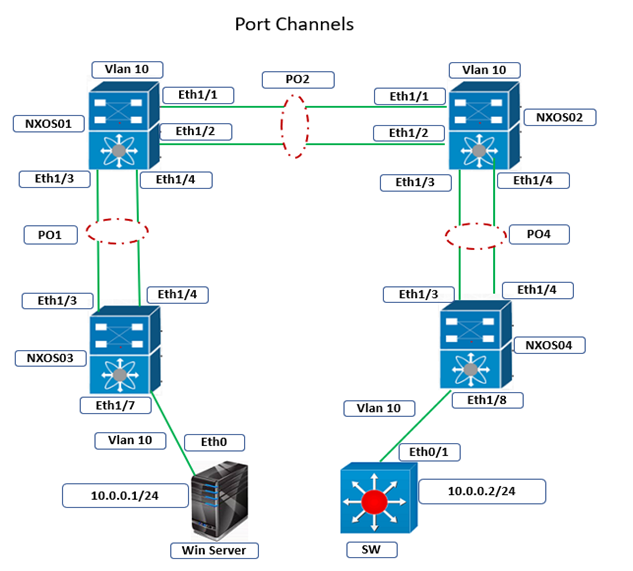
Cisco Nexus Port Channel: Configuring ...
26 Apr 2024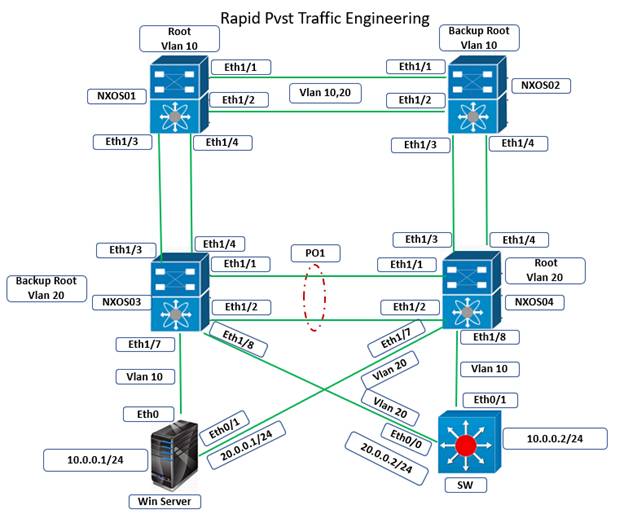
Configure Rapid PVST on Cisco Nexus
26 Apr 2024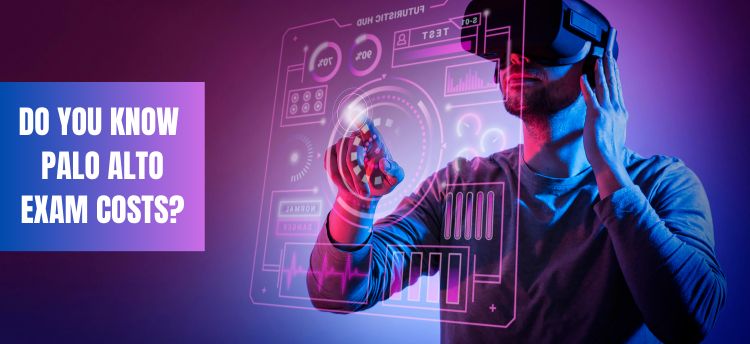
Palo Alto Exam Cost: PCNSA, PCNSE & More
26 Apr 2024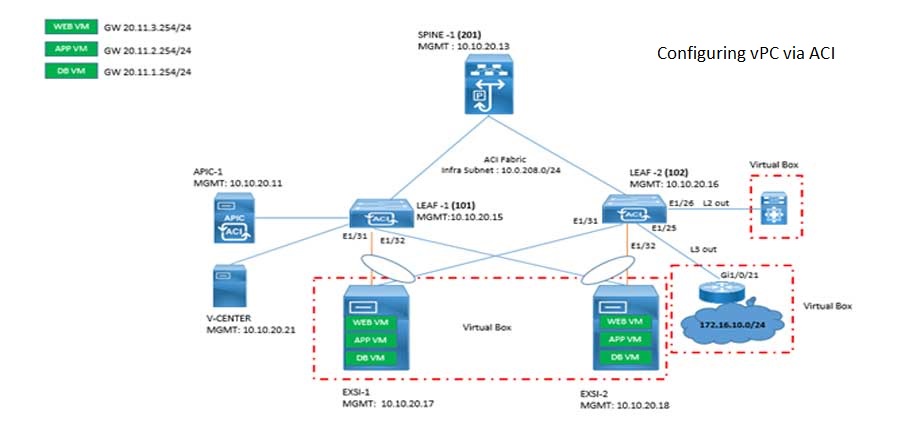
Cisco ACI VPC Configuration Task Steps
6 Jan 2024Recent posts

Configure Rapid PVST on Cisco Nexus
26 Apr 2024
Palo Alto Exam Cost: PCNSA, PCNSE & More
26 Apr 2024
Cisco Nexus Port Channel: Configuring ...
26 Apr 2024
Types of Network Topology: Explained
25 Apr 2024




